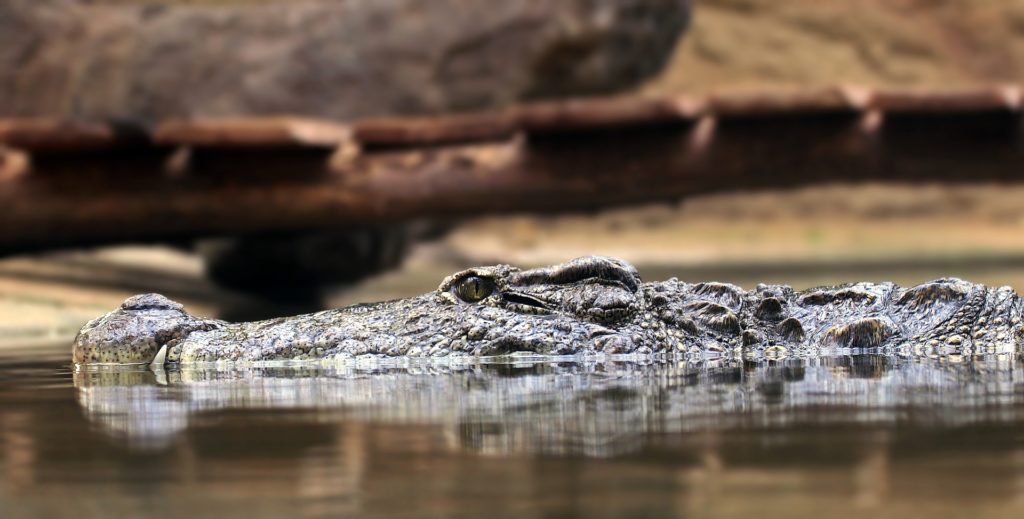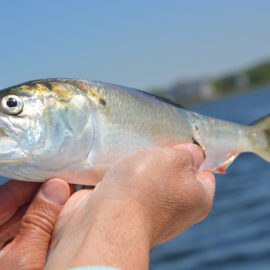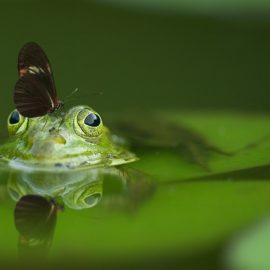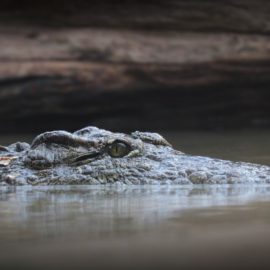
A second set of birds and alligators have been released into the wild having been cleaned of the oil from the levee break at the Alliance Refinery.
The Bayou Teche Wildlife Refuge gained eight new residents Thursday when state agents released alligators and birds that had been cleaned and rehabilitated after they were found covered in oil at the Phillips 66 site in Alliance following Hurricane Ida. Six alligators ranging from 3 to 5 feet long launched themselves from their carrying cases into their new home. A white ibis and a purple gallinule, both juveniles, flew into the marsh to gather their bearings. They were among more than 100 birds documented on or near the Plaquemines Parish refinery after the Aug. 29 storm’s surge overtopped the facility’s levees and flooded the site. “My staff has worked an incredible number of hours and I’m really proud of their efforts,” said Jon Wiebe, the Louisiana Department of Wildlife and Fisheries’ restoration program manager and biologist. “It’s so rewarding when you come to the other side and can put something back into a better situation than we found it.”
nola.com
This is the second group to be released, the first only being cleaned birds.
This was the second group of animals from the Phillips 66 site to be released back into the wild. More than one month after the spill, state officials and the refinery have yet to determine an official estimate of how much crude oil was released and the amount of wildlife affected. The Department of Wildlife and Fisheries began documenting impacts to animals on Sept. 5, and captured at least 34 of the oiled animals found. Those capture efforts have since stopped as cleanup at Phillips 66 has progressed, Wiebe said. All but one were found inside the refinery’s perimeter fence, said Wiebe. Some were closer oil storage tanks while others struggled in fields and detention ponds on-site.

(Photo by Louisiana Department of Wildlife and Fisheries)
These were the lucky ones as other did not fare well in the oil soaked water.
While the alligators and birds managed to survive the incident, others weren’t so lucky. “We’ve had animals that we have collected on site that that had died on site. We’ve also had animals that have died during transport. And we’ve also had several animals that have died within rehabilitation,” Wiebe said. “All of which is to be expected because it’s a very stressful time on multiple fronts for those animals.” For those taken alive, the animals were transported hours away from Plaquemines Parish to a rehabilitation center staged in New Iberia Parish for cleaning and care – the closest area with the resources needed. Phillips 66 is paying for the services needed to rehabilitate the wildlife and has cooperated with site access, Wiebe said. His center has more animals being prepared for release, including several black-bellied whistling ducks that are too young to leave just yet. When they’re ready, they too will join the others in the swamps of Bayou Teche.

(Photo by Louisiana Department of Wildlife and Fisheries) (Photo by Louisiana Department of Wildlife and Fisheries)



